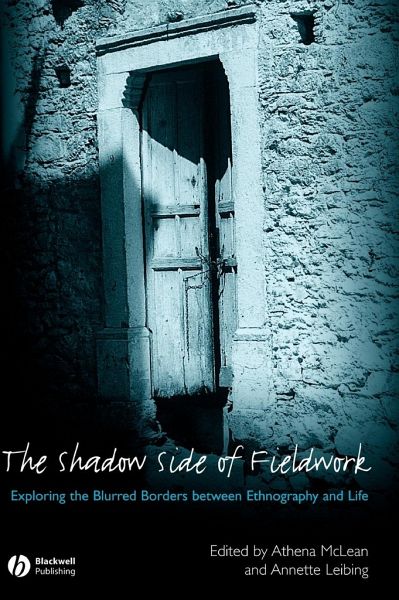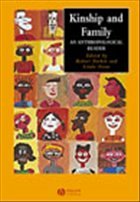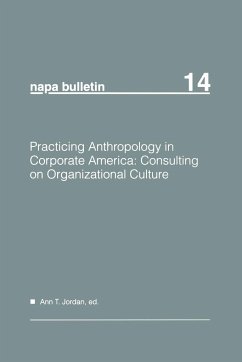
Shadow Side of Fieldwork
Versandkostenfrei!
Versandfertig in über 4 Wochen
111,99 €
inkl. MwSt.

PAYBACK Punkte
56 °P sammeln!
The Shadow Side of Fieldwork draws attention to typically hidden or unacknowledged aspects of ethnographic research that nevertheless shape knowledge, texts, and methodologies. These are the invisible, unspoken, elusive, and mysterious areas where life and research overlap, private experiences and formal ethnography blur, and research boundaries seem to dissolve. Containing essays by such variedluminaries as Nancy Scheper-Hughes and Vincent Crapanzano, among others, this book penetrates a variety of shadows in ethnographic field encounters. The authors recount personal and professional challen...
The Shadow Side of Fieldwork draws attention to typically hidden or unacknowledged aspects of ethnographic research that nevertheless shape knowledge, texts, and methodologies. These are the invisible, unspoken, elusive, and mysterious areas where life and research overlap, private experiences and formal ethnography blur, and research boundaries seem to dissolve. Containing essays by such variedluminaries as Nancy Scheper-Hughes and Vincent Crapanzano, among others, this book penetrates a variety of shadows in ethnographic field encounters. The authors recount personal and professional challenges that led them to confront the complex sources or paradoxical nature of their insights. By turning attention to the shadow sides of fieldwork and thoroughly exploring what they find there, the writers, as responsible researchers, strengthenconfidence in ethnographic knowledge. The Shadow Side of Fieldwork helps students and scholars to understand the submerged influences inherent in their research, and is essential reading for anyone involved in ethnographic fieldwork.












